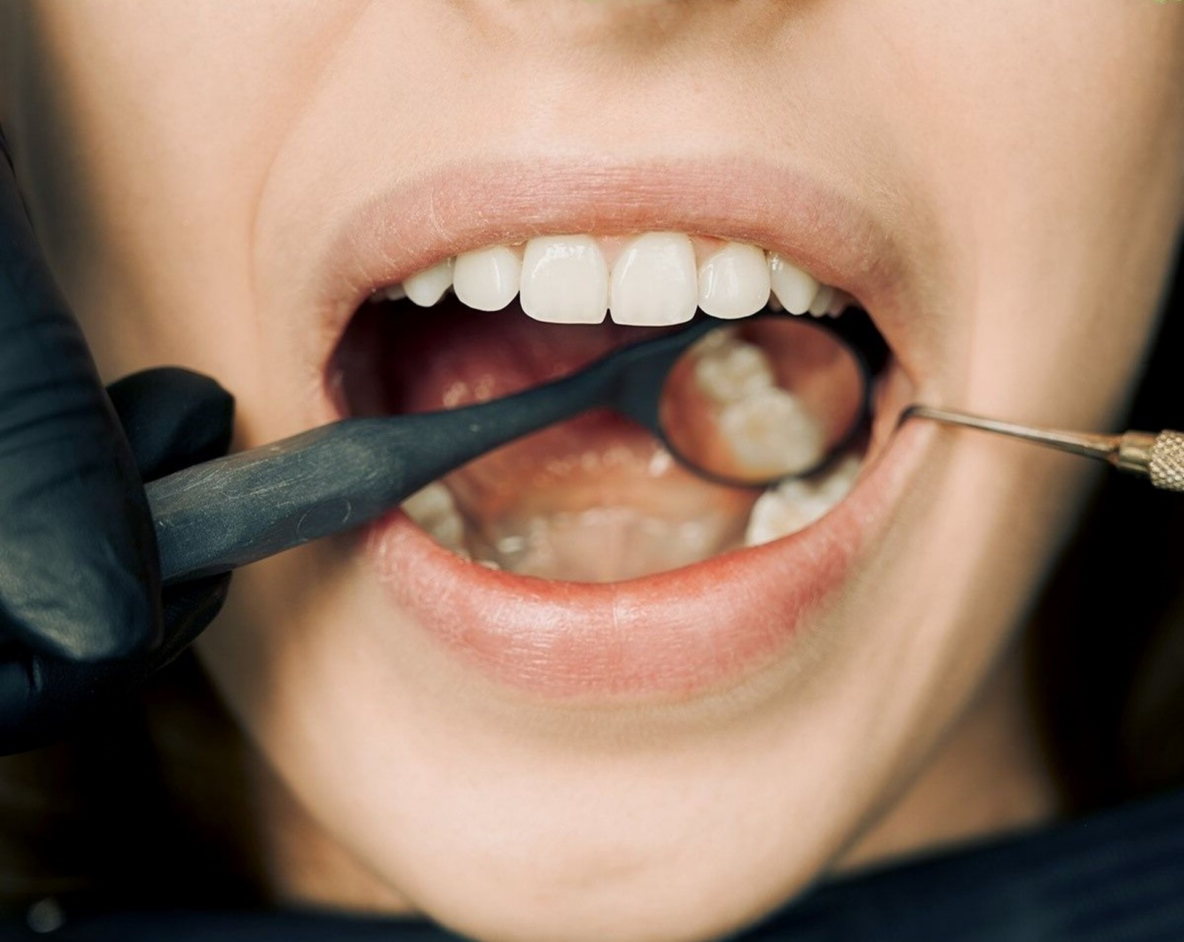Periodontal disease, also known as periodontitis, is a gum infection that causes harm to the tissue at the center of the teeth, as well as the gum and bone surrounding the teeth. The CDC has reported that 47.2% of adults 30 and older have some form of periodontal disease.
Although periodontal disease is common, the harmful symptoms can be prevented with proper oral hygiene and periodontal treatment. Let’s go over some of the long term consequences of untreated periodontal disease, as well as some of the common risk factors and tips for prevention.
Long Term Consequences of Periodontal Disease
The fist stage of periodontal disease is gingivitis, which is caused by plaque and tartar accumulation. This causes the gums to become irritated and swollen, but if left untreated it can develop into mild or moderate periodontal disease, which leads to infections and bleeding gums.
When periodontal disease goes untreated, the tartar and bacteria invades deeper into the gums and damages the surrounding bone and tissue. This will cause the gums to recede and will result in bone damage and tooth loss.
Periodontal disease left untreated can cause problems beyond your oral health. Bacteria can enter your bloodstream from your gums and cause health problems around your body. This includes arthritis, heart disease, and diabetes. Periodontal disease will affect your health in extreme ways if it is left untreated for long.
Risk Factors of Periodontal Disease
There are several factors that may make you more vulnerable to developing periodontal disease. Some common causes of periodontitis are poor oral hygiene, smoking or chewing tobacco, and stress. Other risk factors include:
- Family history of periodontal disease
- Changes in hormones
- Vitamin C deficiency
- Immuno-deficiencies
Preventing Periodontal Disease
The best way to prevent periodontal disease is by enhancing your oral hygiene. Brush your teeth after every meal with a soft-bristled brush, making sure to clean your tongue as well. Floss at least once a day to remove any plaque buildup and to protect your gums. It is also best to avoid sugary food and drinks, since they produce acids that may make you more susceptible to periodontal disease.
If you suspect you may have periodontal disease, you’ll want to keep an eye out for warning signs. If it hurts to chew, or if your gums are irritated or bleeding, you’ll want to consult with a local periodontist.
Periodontal disease can seem intimidating, but finding the right periodontist can make the treatment process more approachable. Village Periodontics & Dental Implant Center is a caring team that seeks to meet your oral health needs. Contact us today!

